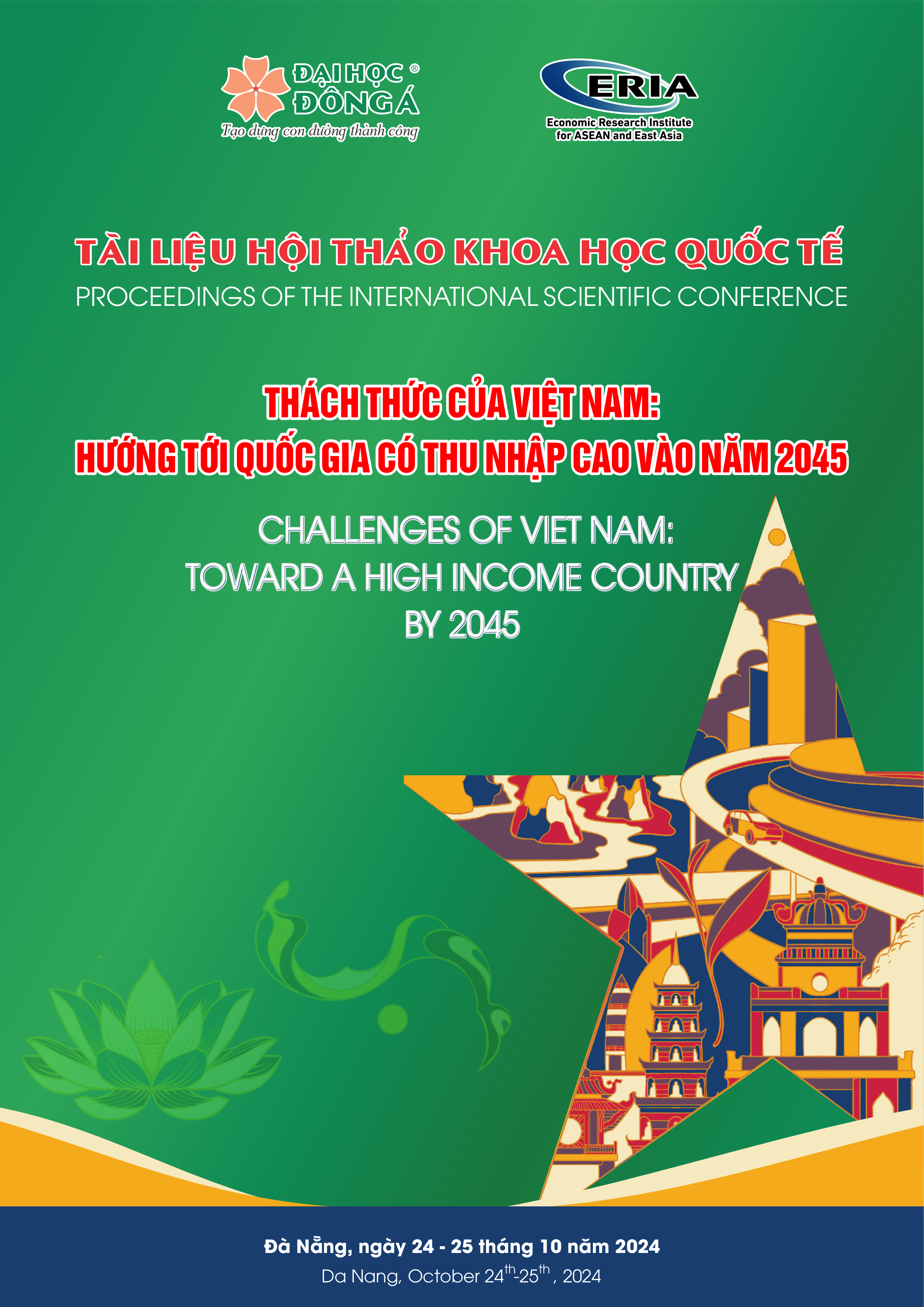On the Issues of Changes in Growth Models: Policy for Avoiding the Middle-Income Trap
Main Article Content
Abstract
Discusses the concept of the middle-income trap (MIT) and its implications for Vietnam. The MIT refers to countries that reach a certain level of per capita income but struggle to progress further. Vietnam xxviii entered the lower-middle-income category in 2008, with a GNI per capita of US$3,560 in 2021. The discussion highlights the importance of transitioning from input-driven growth to total factor productivity (TFP)-led growth and the role of institutional reforms in sustaining growth. The Lewis turning point is also mentioned, emphasizing the need for increased productivity to match higher wages. To escape the MIT and achieve long-term growth, Vietnam must focus on policies that promote industrialization, support SMEs, improve factor markets, enhance education and training, and invest in research and development (R&D).


